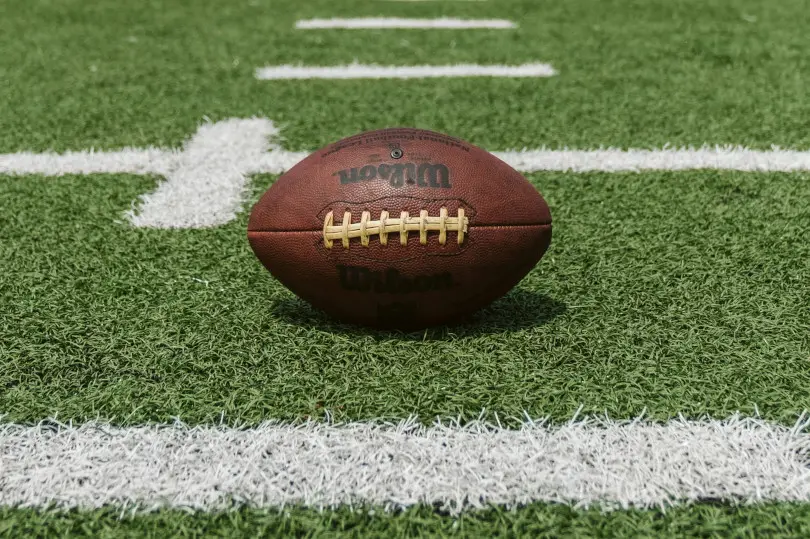It has been nearly three decades since an NFL game was played within the limits of Washington, DC. On December 22, 1996, the Washington Redskins played what would be their final game at Robert F. Kennedy Memorial Stadium, commonly known as RFK Stadium, defeating the Dallas Cowboys 37-10. RFK, known as District of Columbia Stadium for its first eight years, was Washington’s home stadium for all three of its Super Bowl-winning seasons in 1982, 1987, and 1991. Since relocating to Northwest Stadium in Landover, Maryland in 1997, the team has changed their name to the Commanders and had four owners. They’ve also missed the playoffs 21 times in 28 seasons and failed to return to the Super Bowl once. Could it be that playing in DC proper was the key to success?
If this is indeed the case, then recent deliberations between Mayor Muriel Bowser and Commanders’ owner Josh Harris just might restore the team’s good luck charm. In April, Bowser, Harris, and NFL Commissioner Roger Goodell announced a $3.7 billion plan to bring football back to the District by way of a 65,000-seat stadium in Hill East. The proposed stadium would stand where the defunct RFK Stadium currently stands and would cost the city over $1 billion in taxpayer dollars. The ultimate end goal is to have the Commanders playing in the yet-to-be-built stadium by 2030.
But while Bowser considers the plan “a fantastic deal” and Harris believes it would produce “the best stadium in the country,” not everyone in the city is so convinced.
For the plan to go forward it must first be approved by the DC Council, where some members have been less than thrilled by the idea. Chairman Phil Mendelson criticized the requirement of taxpayer funds immediately after the initial announcement, suggesting that such a vast sum could be better spent. Ward 6 Councilmember Charles Allen completely opposed the plan, lambasting the stadium deliberations as “a bad deal” and the stadium itself as “a luxury item” rather than a necessity.
Additionally, the mayor and the Commanders’ wish to finalize the deal by July 15 didn’t sit well with some of the Council. Mendelson, arguing that more time was needed to weigh the deal’s pros and cons, called the deadline “virtually impossible” to meet. At-Large Councilmember Christina Henderson said that expecting the Council to come to a conclusion in mere weeks was unfair when considering the months that Bowser’s team has had to deliberate.
Bowser’s deadline was set as a result of the stadium deal’s presence in the city budget. In late June, Mendelson suggested that the deal be removed from the budget and treated as standalone legislation so that the Council could have more time to discuss the matter. Expectedly, Bowser wasn’t pleased with the delay and said she worried it could introduce needless risk. President Trump, who is on record as having absolutely no problem with the infamous “Redskins” moniker, also chimed in by hinting he might force the deal through despite the Council.
But even though the President, mayor, and Council aren’t seeing to eye-to-eye, the Commanders remain committed to an eventual homecoming. WTOP News reported recently that the team’s sights are set on the District and nowhere else. It will be up to the city, its lawmakers, and its residents to decide whether building a multi-billion dollar stadium is the best way to stimulate DC’s struggling economy.
Featured image/photo by Dave Adamson on Unsplash.


